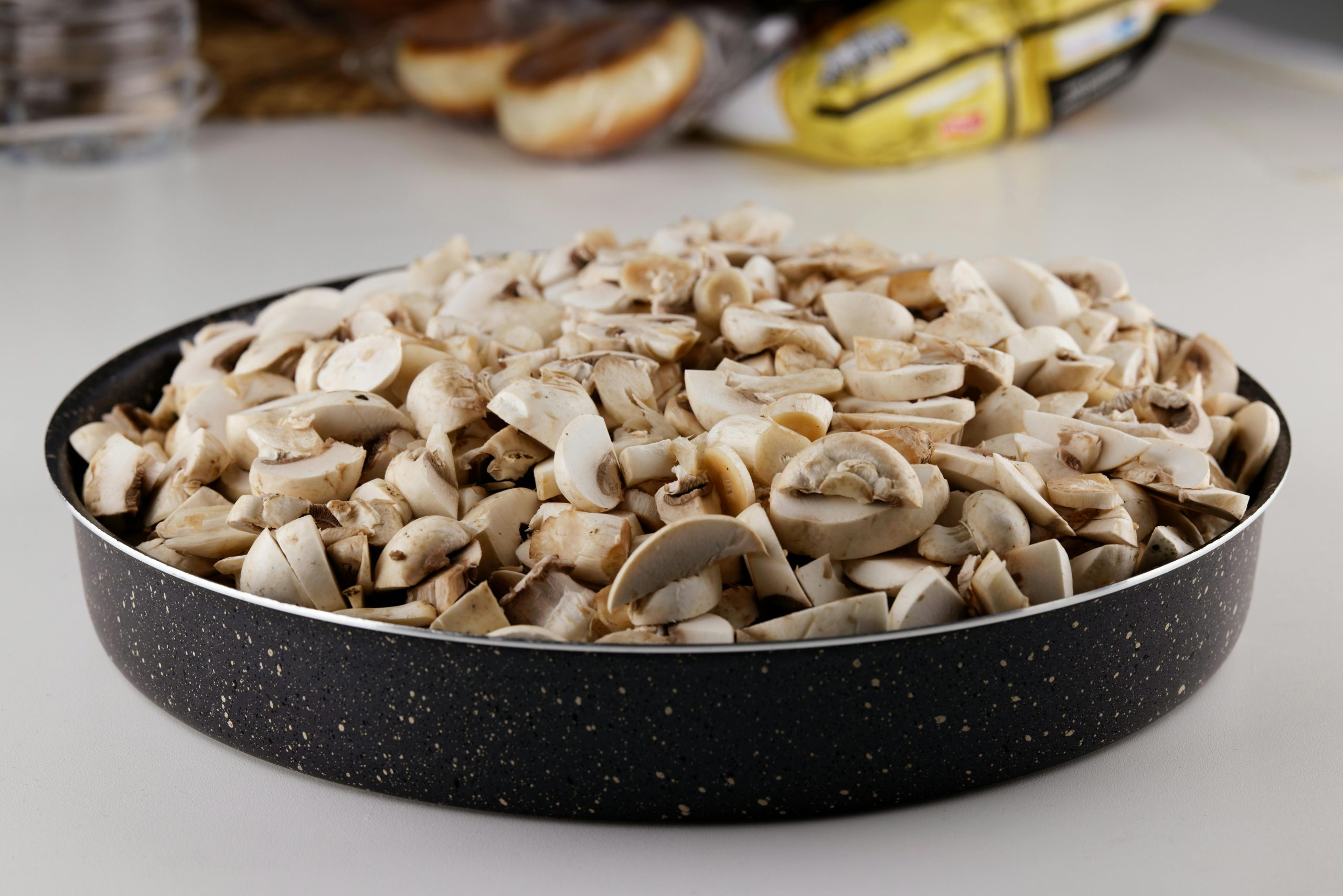Transform Your healthy cooking in Sustainable Living
Welcome to the world of healthy cooking and sustainable living! In today’s fast-paced society, it can be challenging to prioritize a healthy lifestyle while also being mindful of the impact we have on the environment. However, with a few simple changes and adjustments, you can transform your cooking habits into a sustainable living practice. In this article, we will explore the benefits of incorporating sustainability into your everyday cooking routine and provide practical tips for making the switch.
The Importance of Sustainable Living
Sustainable living refers to a lifestyle that aims to reduce the use of natural resources and minimize waste. Making sustainable choices in our daily lives is crucial for preserving the environment and ensuring a better future for both ourselves and future generations. Food production, particularly in terms of meat and dairy, is one of the leading causes of environmental degradation. By choosing to cook sustainably, we not only reduce our carbon footprint but also contribute to the well-being of our planet.
The Benefits of Healthy Cooking
Healthy cooking goes beyond just eating nutritious meals; it has numerous benefits for our overall well-being. By choosing to cook at home, we have control over the ingredients we use, allowing us to make healthier choices and reduce our consumption of processed foods. Furthermore, cooking is a form of self-care and mindfulness, which can reduce stress levels and promote mental well-being. When we cook at home, we also have the opportunity to involve our families and friends, strengthening our relationships and creating fun memories.
How to Transform Your Healthy Cooking into Sustainable Living
1. Buy Local and Seasonal Produce
Buying locally produced food not only supports your community but also reduces the carbon footprint associated with transportation. Additionally, purchasing seasonal produce ensures that the fruits and vegetables are at their peak freshness and nutritional value. You can visit your local farmer’s market or join a community-supported agriculture (CSA) program to get fresh, locally grown produce.
2. Choose Plant-Based Alternatives
As mentioned earlier, meat and dairy production have a significant negative impact on the environment. Consider incorporating plant-based alternatives into your meals, such as tofu, tempeh, and beans. Not only are plant-based proteins better for the environment, but they are also a healthier choice for our bodies.
3. Reduce Food Waste
One-third of the food produced globally goes to waste, contributing to greenhouse gas emissions. To reduce food waste, plan your meals and only buy what you need. Additionally, you can use vegetable scraps to make stock or get creative with leftovers by incorporating them into new dishes.
4. Choose Sustainable Cooking Methods
When cooking, opting for sustainable methods such as boiling, steaming, and stir-frying can save energy compared to using the oven. Cooking with eco-friendly appliances, such as induction cooktops, can also reduce your energy consumption. Furthermore, avoid using disposable kitchen items such as paper towels and opt for reusable alternatives instead.
5. Compost Kitchen Scraps
Composting is an excellent way to reduce waste and create nutrient-rich soil for your garden. Food scraps such as fruit and vegetable peels, eggshells, and coffee grounds can be composted and used as natural fertilizer.
In Conclusion
Transforming your healthy cooking into sustainable living is not only better for the environment, but it also has numerous benefits for our well-being. By making mindful choices in our cooking habits, we can reduce our impact on the planet and create a healthier future for ourselves and generations to come. So let’s start making small changes in our cooking routine today and make a big difference tomorrow.










